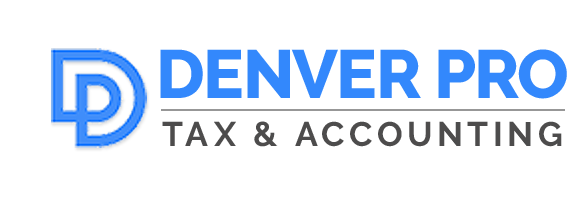Real Estate Agent Tax Tips and Deductions
All the information you need before you file.Real estate agents have to keep track of a lot, and two of the most important things are expenses and earnings. Here are a few important tax tips for real estate agents and some common deductions every agent should take. For more personal recommendations and assistance, please contact a professional.
Tax Tips for Real Estate Agents
1. Get to know and understand your business structure
Is your real estate business a sole proprietorship, LLC or incorporation? Each of these business structures have legal and tax implications for real estate agents, so it’s very important you understand the differences.

2. Keep track of expenses and withholdings
You should have a separate account for all business expenses and make a habit of making quarterly estimated tax payments. As an individual, estimated taxes are a requirement if you expect to pay more than $1,000 when you file, and you must report any income you earn over $400.
3. You may be considered self-employed
If you receive a 1099-MISC tax form and receive compensation as an independent contractor, this means that for tax purposes, you are considered self-employed. A Schedule C and Schedule SE must be filed and you may be subject to the Self-Employment Tax on profits. See our Self-Employment Tax article for more information.
Real Estate Agent Tax Deductions
Before you dive into tax deductions, we highly recommend learning more about profit motive (click here for a very helpful article). This is very important for newer businesses so you can prove you are running a business, not a hobby. If you cannot establish a profit motive, your deductions will be limited.
Here are a few of the common deductions real estate agents take:
1. Driving expenses
This is one of the biggest tax deductions for most real estate agents. All driving that you do for the business, except for driving to and from work, is tax deductible. You have the option of using the standard mileage rate or keeping track of actual expenses. Mileage is simpler, and in some cases may be more than actual expenses. Make sure to keep a mileage log detailing your business miles and the purpose for your trips.
2. Marketing expenses
Real estate agents rely on a strong marketing strategy to advertise their business and stand above the rest. Whether standard or digital, these marketing costs can be deducted.
3. Business development expenses
These include seminars, conferences, conventions, classes, books, and other professional development courses. Whether you’re there to learn, network, or grow your business, these expenses can be deducted.
4. Annual fees and license expenses
License renewals, memberships, dues, and other business-related membership costs in support of your business objectives are deductible.
5. Meals and entertainment
If you are having a meal for business, seeing entertainment that is necessary for business, or you are traveling for business, these expenses are deductible. Deduct up to 50 percent of the total cost of your meal when entertaining clients.
6. Home office expenses
Many real estate agents have home offices, and there are a few expenses you can deduct. You may be able to deduct a portion of your utility and maintenance fees, and your deductions will be greater if almost all of your work takes place there. This includes client meetings, bookkeeping, scheduling showings, etc.
We want you to take every deduction you qualify for, and working with a professional like Denver Pro Tax ensures this happens. Whether you need help filing your taxes or simply need an advisor, we would love to help. If you are in the south Denver Metro Area, contact us today!

